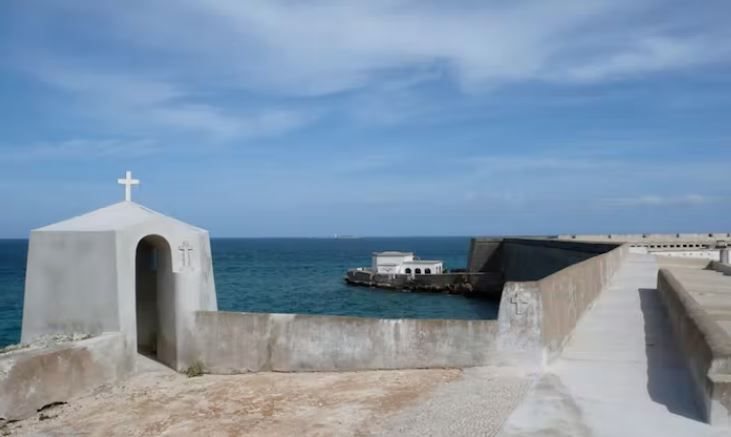Yet is this situation been such a bad thing? A number of studies have lamented that international tourism has often generated an unequal distribution of economic benefits, increased social disparities, marginalised local communities, and exploited local resources. This is particularly the case in Africa, where tourism has mainly benefited international and foreign companies and individuals, with the core tools of air travels and e-commerce concentrated in the Global North.
As part of our research, we wanted to understand whether and how the Covid-19 pandemic has been and could be used to transform the tourism sector into a more sustainable field in Southern Africa. Particularly important for us was how tourism could be improved to meet the needs and expectations of local communities in terms of enhanced living standards and quality of life. Another aspect was to explore how to safeguard the environment for the health and well-being of locals.
Interviews were carried out with tourism professionals, local community members, and heritage site managers at the World Heritage sites of Lamu Old Town (Kenya), the Stone Town of Zanzibar and Kilimanjaro National Park (Tanzania), and Robben Island and Cape Floral Region (in South Africa). Professor Labadi’s latest book Rethinking Heritage for Sustainable Development (UCL Press, 2022), provides additional data and analyses.
Changing needs and expectations
The global health crisis has shown the negative consequences of an overreliance on international visitors as a primary source of tourism-generated income. It has shown how visits of heritage sites should be diversified to make the tourism industry more resilient and sustainable. A popular suggestion research participants made for overcoming this issue is to stimulate domestic tourism, and regional tourism from neighbouring countries. Some of the tourism professionals interviewed, particularly in Kenya, pointed out that since the country came out of lockdown in August 2020, domestic tourism has been blossoming, with many Kenyans visiting the Maasai Mara National Reserve, and holidaying in Lamu and other coastal destinations.
Changing the profile of tourists is a long-term challenge. As explained by a lodge manager in Kenya, exclusive hotels would rather have a low rate of occupancy, rather than slash their prices and attract different, less privileged people and/or accommodate a larger number of people. Currently, offers target Western and international visitors through a focus on colonial history, particularly for cultural heritage destinations. Attracting local, national and regional visitors for “staycations” would require changing the tourism maps and attractions, so that they focus on regional, national and local history.
This will not happen overnight, and attempts to change those maps and destinations have already faced serious challenges. In the case of Namibia, the government and international community have sought to refocus tourism on the country’s war of independence and indigenous communities rather than German colonial history. These efforts have faced challenges, including lack of support from the private sector as well as inadequate infrastructures and facilities.
Travel bounces back
With wide-scale vaccination and reduced rates of contamination, international travel is on the rise again. Unfortunately, some projects funded by international aid have fallen back on recipes from before the pandemic, providing training and capacity-building activities so that locals can cater to the needs of international visitors. Instead of helping to change the narrative and build a more resilient sector based on local, national and regional visitations, the international community is back to promoting the unsustainable model that was dominant before the pandemic.
One positive aspect of the pandemic has been a greater environmental sustainability, the reduction of pollution, of CO2 emissions, and a decrease of international tourism. Considering that these benefits can help with tackling the climate crisis, the world post-pandemic and the future of the World Heritage Convention, should promote a world beyond tourism.
On Mozambique Island, a World Heritage site in the country’s north, governmental and international projects aim to promote and increase tourism. However, a university has recently opened on the island, so why not take this opportunity to provide goods and services based on local resources, to respond to the needs of students? Not only would this bottom-up approach fulfil several sustainable development goals, including education, reducing inequalities and boosting gender equality, but it would also provide a function for historic and vacant buildings on the island, in dire need of a new life.
Such a move beyond tourism, that adopts a more systemic, integrated and bottom-up approach aligned with local needs would help World Heritage sites to be better aligned with the fight against climate change, environmental protection, heritage conservation, poverty reduction and health and well-being.
This article was co-written by Francesca Giliberto, a postdoctoral research fellow at the University of Leeds. Sophia Labadi’s latest book, “Rethinking Heritage for Sustainable Heritage”, has been released in open access by UCL Press.
This article is republished from The Conversation under a Creative Commons license. Read the original article.










































